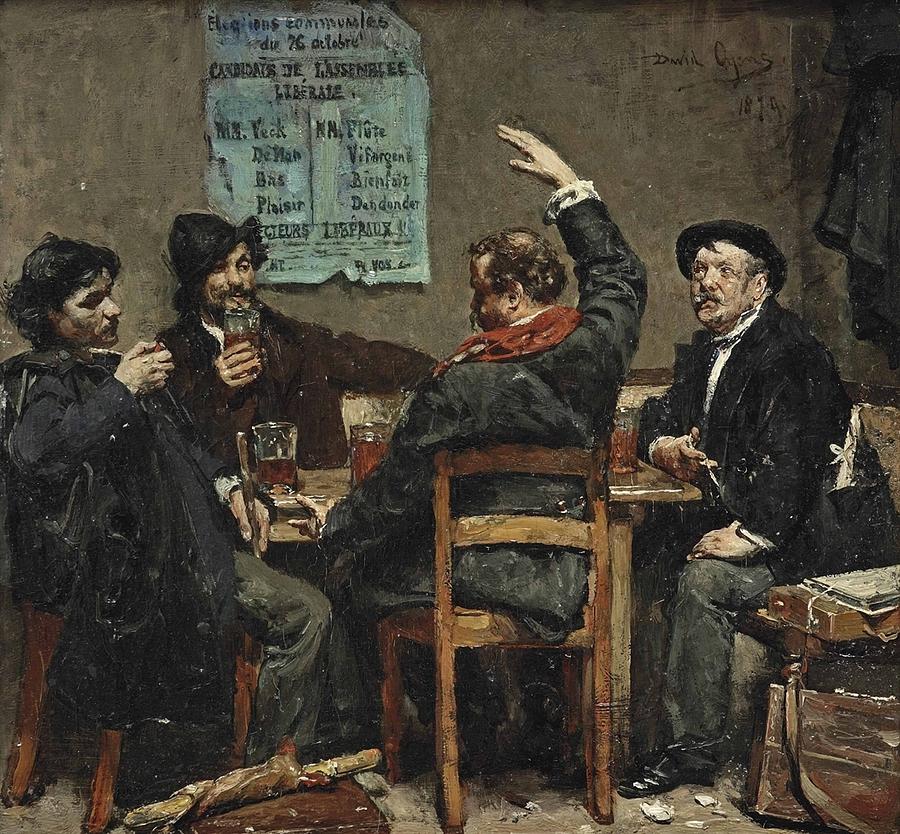
You can't be persuasive without story
Narrative skill is an essential precursor to persuasive skill.
One reason for this is that persuasive writing often uses stories as a form of evidence, so writers need to craft a narrative in order to support the argument.
But a deeper reason is that we are a storytelling species, and narrative is the genre that perhaps most naturally matches our experience of the world.
We experience the world as people performing actions, located in a place, and sequenced in time, in a chain of continual cause and effect, with emotional consequences that allow us to interpet the meaning and value of what has occurred.
Narrative writing is the craft of taking this experience and representing it to another person in text, and this requires a host of skills: observing detail, summarising, elaborating, sequencing, positioning, changing point of view, providing commentary, making valuations, and more.
Just the act of writing a scene with multiple characters in action—trying to get all that information into the right order and right level of detail so that a reader can make sense of it—that is challenging writing.
It doesn't matter what the story is about, where it is set, whether it is funny or serious—it's the act of observing, imagining, sequencing, and expanding that is the challenge.
These same skills are essential to report writing, analysis, and argument writing, and while you can and should teach the skills within each of these genres, narrative provides what is probably the most accessible starting point.
By beginning with narrative, we make it easier to learn fundamental skills, and we make it easier to learn the genres that build on this foundation.

